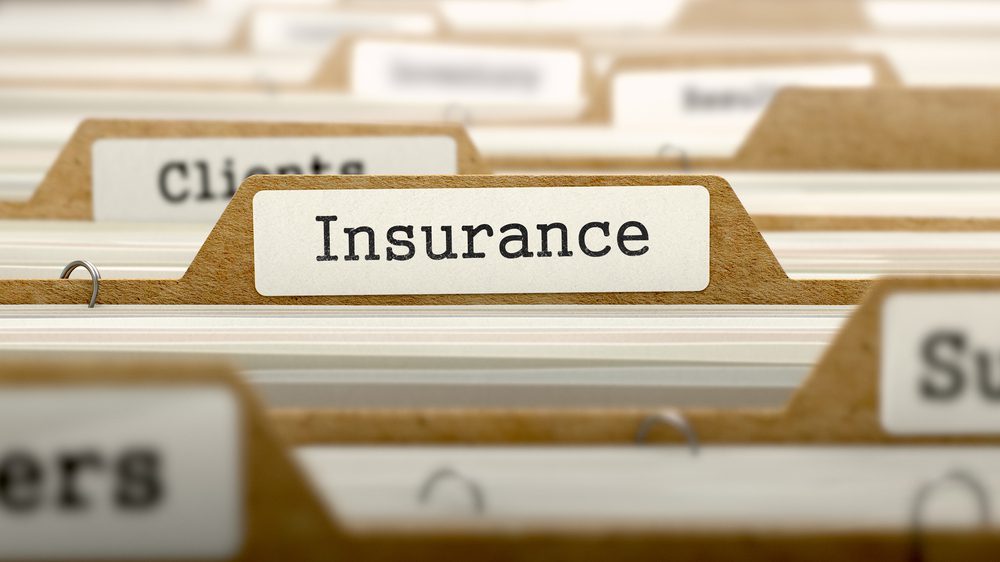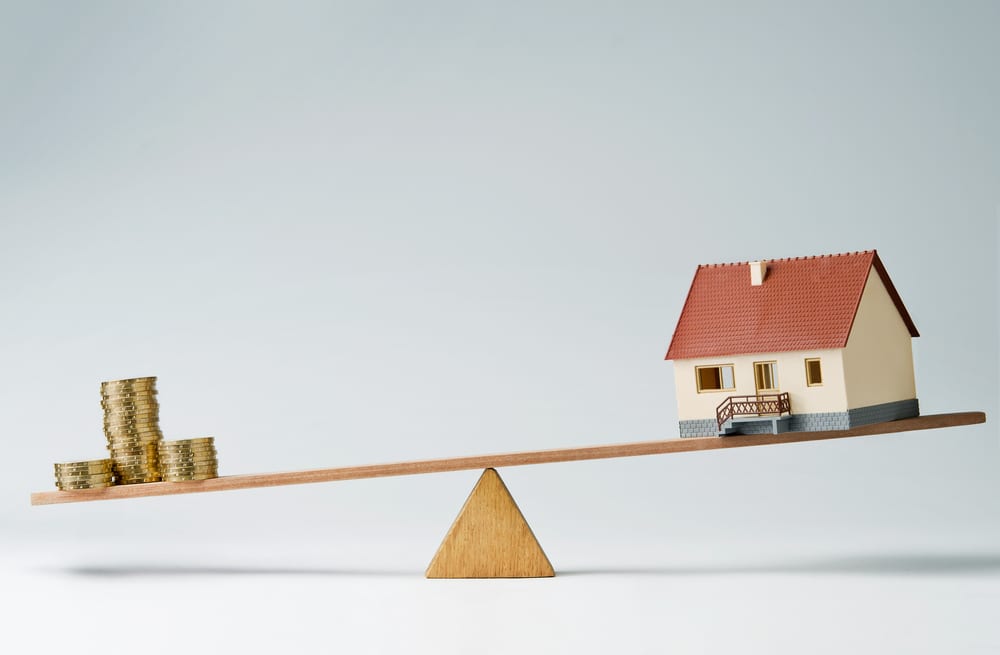
by admin | May 14, 2021 | Insurance News
It may seem rather ironic to be thinking about home insurance just when everyone can finally get out of their home. On the other hand, most people are going to need, or at least want, to start brushing up their finances. Getting the right home insurance can be a major part of that. Here are some tips to help.
Give yourself time to do your research
Ideally, you want to start looking for a new deal 6-8 weeks before your current one expires (or you get the keys to your new home). That’s late enough that prices are going to be fairly current. It’s also early enough that you should be able to review all reasonable options before making your choice. Whatever you do, avoid just taking out insurance with your mortgage provider.
Give yourself time to brush up your credit record
There are two reasons why insurers are likely to check your credit record. The first is just as a means of verifying your identity. This is just one (more) reason to make sure that your credit record is accurate.
In particular, you need to make sure that all the contact details on your financial products point to your current home address. Also, make sure that you’re on the electoral roll.
The second is to decide if they’re going to offer you the option to pay in instalments and, if so, at what price.
Consider using an insurance broker
In simple terms, the more money you’re spending, the more you could save by using a broker to find you the best deal. This is in addition to the time you’ll save yourself. This means that there’s a lot to be said for using a broker for any major purchase, such as a mortgage.
Realistically, home insurance can be more of a grey area. Some people might be paying enough to justify the fees/commission. Other people might not think it was worth it. If you have a standard property, especially a starter one, and just want a basic policy, then you could probably bag at least a decent deal just by doing your own research.
Remember you’re covering the rebuilding cost
After just taking out home insurance with your mortgage provider, this must be one of the most common and costliest mistakes in home insurance. You are not covering the sales value of your home. You are covering the rebuilding cost of your home. There is generally a significant difference between the two because you will not have to repurchase the land you already own.
Review your excess
Increasing your excess can help to lower your premium. Of course, you need to be confident that you could absorb the excess if necessary. In other words, consider this as an option, just make sure that you use it cautiously, if at all.
See if you can pay upfront
If you pay your fees in instalments, then your insurer is, effectively, giving you credit. They will probably charge for this. How much they charge will generally depend partly on their approach and partly on your credit record. There are, however, usually some savings to be made if you can pay the full year upfront.
Make sure you know what you’re covering
Read the policy carefully and make sure you are 100% clear about what it covers and, by extension, what it doesn’t. In particular, make sure that any areas outside the main property have suitable cover. This could mean anything from a communal stairway in a flat to outbuildings in a house with a garden.
Keep in mind that home insurance can mean exactly that. In other words, it may not cover gardens and outbuildings unless you specifically request it and pay extra.
Please contact us for any more information

by admin | May 7, 2021 | Mortgage News
When it comes to housing deposits, bigger is better. That said, it’s also important not to overstretch yourself. Here are some points to consider when figuring out how much deposit you can really afford.
What are your overall moving costs?
As a buyer, here are some of the main costs you should consider when moving home:
- Travel to view homes
- Surveying fees
- Conveyancing fees
- Mortgage-administration fees
- Home-moving fees
You’ll also need to think about necessary updates, maintenance and running costs in your new home. Keep in mind that any existing services you use may change their price to reflect your house move. You may also find that some of your existing possessions aren’t suitable for your new home.
In addition to all of the above, it’s advisable to allow yourself a bit of financial “breathing space”. This can give you a bit of room to manoeuvre when life happens. It can also ease your transition into your new home. For example, if you’ve spent a day painting, you may not fancy cooking so you might get a takeaway instead. This can increase your food spend.
What is your financial outlook for the future?
If you want a mortgage, you’re going to need to convince your lender that you can afford it. Separately to that, you, personally, need to think about your financial outlook for the future. In basic terms, there are three questions you need to answer.
Firstly, how much income can you reasonably expect to earn over the next five years or so? Secondly, how do you anticipate that income coming in? For example, will you have a consistent monthly salary or do you expect your income to go up and down? Thirdly, what factors will influence your finances? For example, are there any major life events coming up?
The answers to these questions will help you decide what level of savings you need. This in turn will guide you as to how much money you can afford to put towards buying a new home. Remember, however, that the cost of buying a new home goes beyond the deposit. Per the previous comments, resist any temptation to overstretch yourself.
How much money can you afford to put away now?
If you plan to save for your deposit via instant-access savings accounts, then, by definition, you’ll be able to access your money if you need it. If, however, you plan to use some other route, for example, bonds or the stock market, then you may have to lock your money away for a time. What’s more, if you go down the investment route, you put your capital at risk.
Even if you’re using instant-access savings accounts, you may find it easier to make plans if you have a realistic idea of how much of your savings you can keep over the long-term. Obviously, even the best-laid plans can be derailed by what life has in store. That said, you can mitigate this risk by making sure that you have appropriate insurance cover.
In the real world, saving up for a deposit (or anything else) is partly a matter of income and partly a matter of focus. Your income will determine how much of a surplus you have after paying your essential expenses. Your level of focus will determine how much of your disposable income goes toward your deposit.
Keep in mind that building a deposit is an exercise in financial management. It’s not a race. There are no prizes for getting to the “finish line” before anyone else. You just have to decide for yourself how much you want to save for a house versus how much you want to use your money in other ways.
Please contact us for any more information.
Think carefully before securing other debts against your home. Your home may be repossessed if you do not keep up repayments on your mortgage
For savings and investments, we act as introducers only



Recent Comments